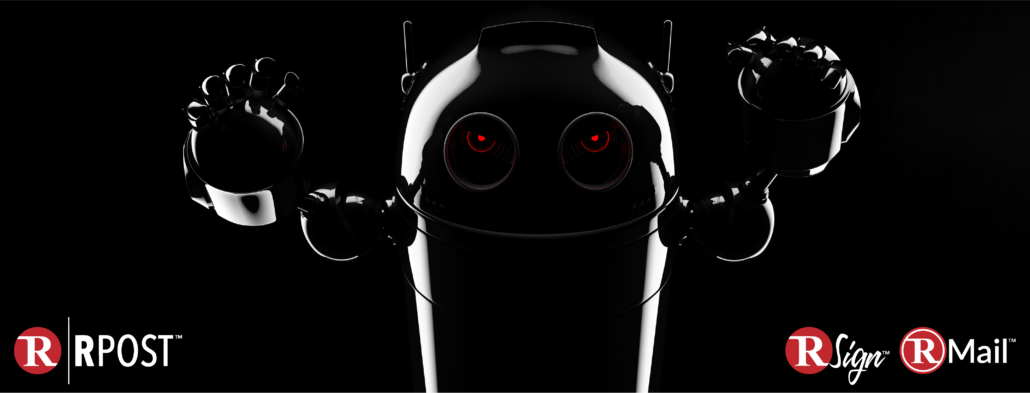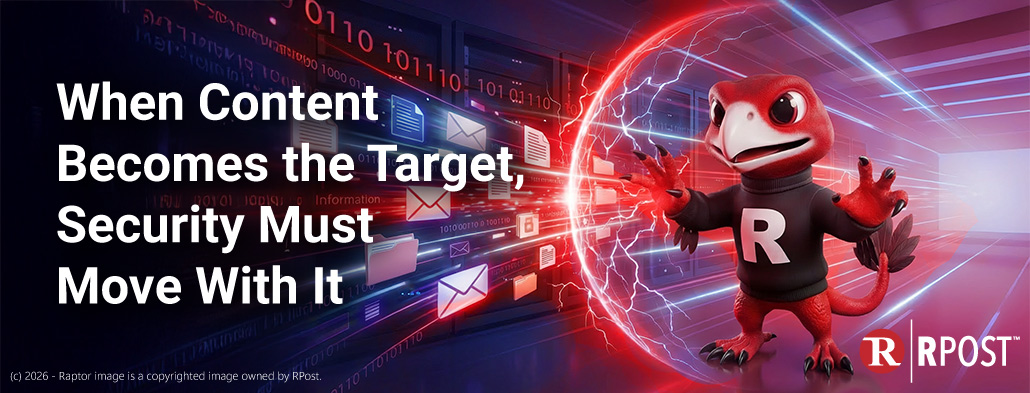
One of the better sci-fi franchises of all time is the Terminator movies, which is basically an 80s retread of the old Frankenstein horror tale. One of the best things about these movies is how prescient they now seem about technology. Yes, the movies got a lot wrong too. According to first installment in 1984, the evil autonomous AI called Skynet would destroy the world by 1997. When that didn’t happen, the 2003 Terminator 3 movie conveniently postposed the apocalypse to 2004. Unless I’m living in the Matrix, that didn’t happen either. But that’s a whole other movie franchise and discussion for another time.
What the Terminator movies quite accurately predicted was how AI would become more integrated into our lives and that this change would reap unintended consequences—like human beings losing the ability to control the world they once had mastery over. While not quite the apocalypse predicted by The Terminator, Zillow’s AI did go haywire recently in its attempt to auto-bid-buy most of Phoenix, AZ. (Actually, for many in that local real estate market, maybe the apocalypse would have been better?)
For those who are confused, Zillow (and a handful of other online residential real estate companies) created AI algorithms that would use data input by humans around their interest in listing and/or buying properties. The data was harnessed to develop supposedly more efficient bids, and soon Zillow et al. started to purchase houses directly to mark them up for resale to their users. The algorithm, unfortunately (perhaps predictably), went awry and started purchasing houses in the thousands at inflated pricing until humans got back involved and shut down the machine. Had Zillow had nuclear weapons at its disposal to stop the humans from hitting the kill switch, I guess we all wouldn’t be reading this.
The message here is that AI, with some human insight (and oversight), still has a lot of promise in terms of making markets more efficient and saving humans from humdrum activities so that they can garner more skill and live life more comfortably. However, poorly-deployed AI operating at scale can be equally inefficient and value-destroying, especially if left unattended.
When it comes to today’s email security, as indicated in recent analyst reports, by placing the AI automation inside the inbox (versus traditionally en route to the internet on secure email gateway servers), computer-assisted e-security insights can be more openly provided. The computer can provide more recommendations, and the sender/receiver can make more insightful decisions as to whether to encrypt, whether to not send to someone posing as a colleague, whether to abort their communications with a user with an email domain set up yesterday, and more.
Know more:
With today’s over-sophistication of cyber sleuths, the winning formula is a hybrid approach; AI-infused e-security coupled with human instinct and control. This is what RMail Recommends™ brings in its newest AI-infused release. And yes, there is a kill switch to prevent it from taking over the world.
Interested in RMail Recommends™ AI in-the-moment e-security inside Outlook, RMail Gateway’s AI e-security automation, or RMail Right Recipient™ address re-verifier? Contact us to set up a demo today (with a real human being too).
.jpg)
February 13, 2026

February 06, 2026

January 30, 2026

January 23, 2026

January 16, 2026